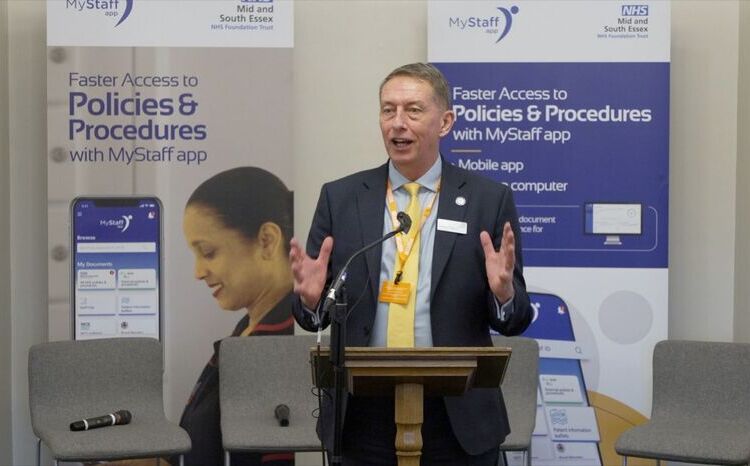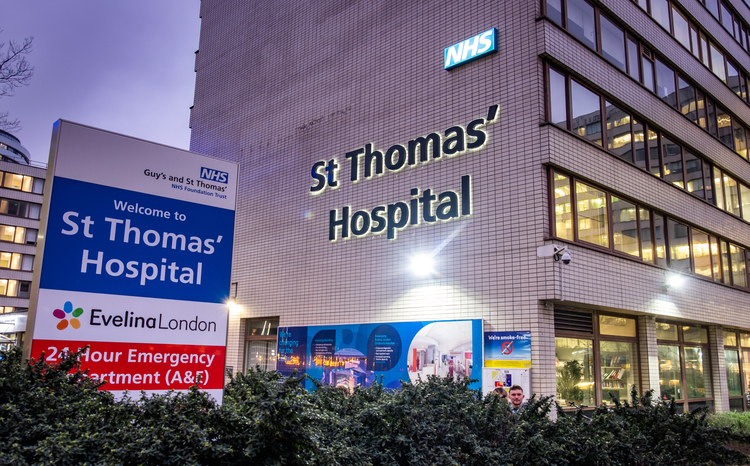Academics call for NPfIT technical assessment
- 11 April 2006
A group of 23 computer science academics from around the UK have written an open letter calling for an “independent technical assessment” of the National Programme for IT.
They say in their letter to the House of Commons health select committee: "Concrete, objective information about NPfIT’s [National Programme for IT] progress is not available to external observers. Reliable sources within NPfIT have raised concerns about the technology itself.
"The National Audit Office report about NPfIT is delayed until this summer, at the earliest; the report is not expected to address major technical issues. As computer scientists, engineers and informaticians, we question the wisdom of continuing NPfIT without an independent assessment of its basic technical viability."
A department of health (DH) spokesperson said: “The national programme is under constant review, scrutiny and audit by parliament and government bodies. It is a robust and resilient programme of healthcare IT delivery in the NHS.
“We remain confident that the technical architecture of the national programme is appropriate and will enable benefits to be delivered for patients, whilst ensuring value for money to the taxpayer.”
There was no direct comment from Connecting for Health, the DH agency running the national programme.
The letter, reported today in Computer Weekly, was sent to the select committee by Martyn Thomas, visiting professor of software engineering at Oxford University and expert witness in legal cases involving complex software engineering issues.
Other signatories include: Professor Ewart Carson of the Centre for Health Informatics, City University; Professor Ross Anderson of Cambridge University; Professor Ray Ison of the Open University and Professor Michael Smith, a former professor of informatics at Keele University and director of information for North Staffordshire Health Authority.
They suggest an assessment should ask:
Does the NPfIT have a robust, comprehensive technical architecture, project plan and detailed design? Have these documents been reviewed by experts of calibre appropriate to the scope of NPfIT?
Are the architecture and components of NPfIT likely to meet:
• The current and future needs of stakeholders?
• Support the need for continuous 24/7 healthcare IT support and fully address patient safety and organisational continuity issues?
• Conform to guidance from the information commissioner in respect to patient confidentiality and the Data Protection Act?
Has a realistic assessment been carried out about the:
• Volumes of data and traffic that a fully functioning NPfIT will have to support across thousands of healthcare organisations in England?
• Need for responsiveness, reliability, resilience and recovery under routine and full system load?
They add that an independent review would cost a tiny proportion of the proposed £6 billion spend on the national programme and could save many times its cost.
Liberal Democrat health spokesman, Steve Webb, said: “They are absolutely right to call for the health select committee to investigate the NHS IT programme. Parliamentary scrutiny of this massive programme is almost non-existent as the government hides behind the excuse of commercial confidentiality.
“We urgently need to know what is happening with this project – both for the sake of the taxpayer and the health service.”




